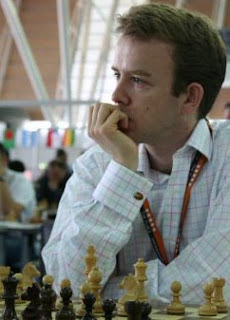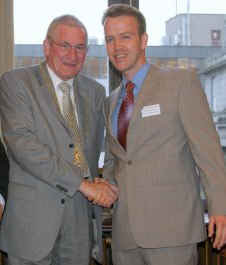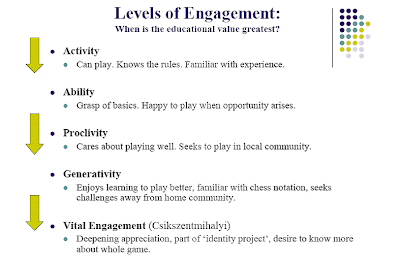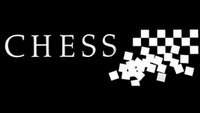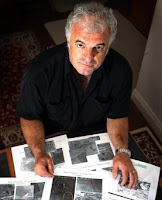
It might have nothing to do with chess. Or has it?
Last year I wrote a post of a former schoolteacher colleague, Lambis Englezos, an amateur historian who claimed to know the whereabouts of 173 Australian soldiers unaccounted for from WW1. They were in a paddock somewhere in France.
For 6 years Lambis’ investigations received ridicule from both the highest ranks of Government Departments, and journalists he’d harangue about his theory.
But with dignity, and patience, Lambis persisted.
During the week he was vindicated. Human remains from that paddock in France indicate the site is in fact a mass burial site from WW1- the largest grave uncovered since WW1.
Perhaps it was Nine News correspondent James Talia’s humble pie, or Dr Peter Stanleys, director of the Centre for Historical Research at the National Museum of Australia, admission of ‘egg on face’ that puts into perspective what a remarkable story this is.
Lambis persued his project, not for fame, or recognition, or money, but because, deep down he thought it was just the right thing to do. He had a moral purpose. And when human remains were discovered last week, he remained humble and decent when others would have shouted “I told you so”.
Persistence, resilience, planning, strategy, dignity, patience: sound familiar?
There's probably a lot you could write about this story. And no doubt others will. The most important thing to say is : Well done, Lambis.
